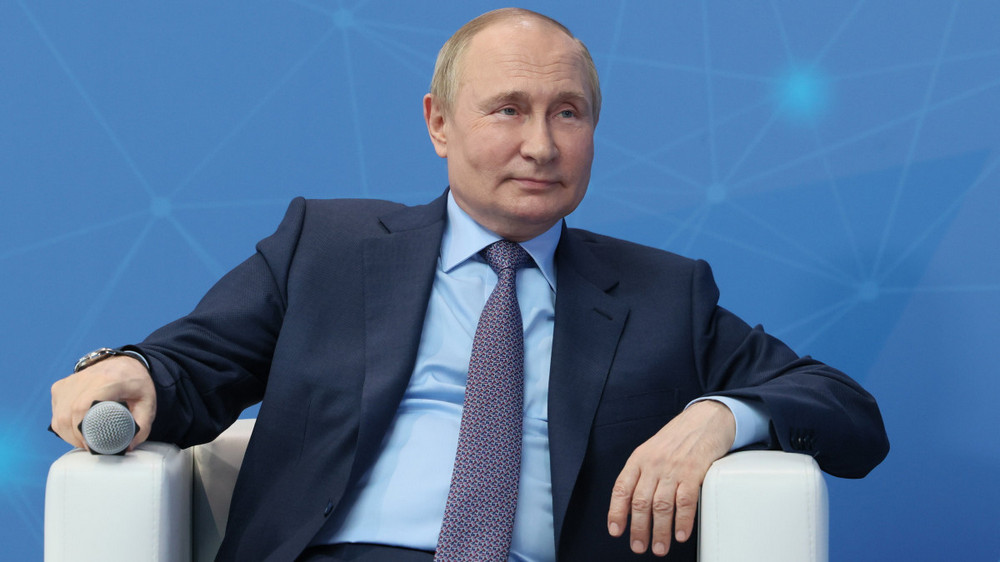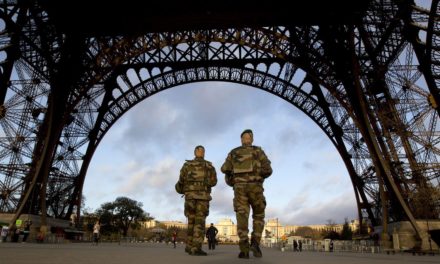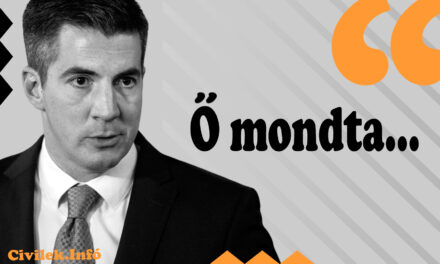Putin's meeting in Tehran, among many others, also pointed to a very disturbing phenomenon for the West.
The Russian president has given the green light to a Black Sea grain export deal, the first major step between Moscow and Kiev since Russia invaded Ukraine on February 24.
"This agreement is for the world," UN Secretary-General António Guterres said on Friday.
“It will bring relief to developing countries on the brink of bankruptcy and to the most vulnerable who are struggling with hunger. It will help stabilize global food prices, which were already at record levels before the war.”
The agreement, which was negotiated by Ukraine, Turkey, Russia and the UN, provides a framework for the resumption of global grain shipments from Ukraine. The agreement stipulates that a "control center" of UN, Turkish, Russian and Ukrainian officials will be established in Istanbul to monitor and coordinate grain exports through a designated safe sea corridor. The agreement covers food exports from the Ukrainian port cities of Odessa, Chernomorsk and Yuzhny, but details of the plan were not immediately released.
Russian officials had previously insisted that Ukrainian ships carrying grain be inspected by the Russian navy on their way back, citing that these ships could be used to smuggle military equipment back to Ukraine, but the finalized version of the agreement allows incoming Ukrainian ships to be inspected by the Turkish military.
The four participating parties already reached a preliminary agreement last week, but the "deal" had to be given the nod by Putin, who also met with the Turkish president earlier this week to finalize the agreement and thanked Erdogan for his efforts in recent months to mediate the agreement. Mikhajlo Podoljak, adviser to the Ukrainian president, emphasized that practically
there is no direct agreement between Russia and Ukraine, instead both countries separately signed the same "mirror agreement" with Turkey and the UN.
Nevertheless, this is the first substantive agreement, even if by proxy, between Moscow and Kyiv since the beginning of the war in Ukraine.
Putin arrived in Iran on Tuesday and Tehran declared its full support for Russia's war effort:
"War is hostile and harsh, and the Islamic Republic never prefers ordinary people to be affected by wars. However, on the issue of Ukraine, if Russia had not taken action, the other side would have started a war"
Khamenei wrote.
"NATO is a dangerous organization. The West is totally opposed to a strong, independent Russia. If the way is opened for NATO, it will not recognize borders. If not stopped in Ukraine, he would have started a similar war in Crimea later"
Khamenei added.
The common point between Russia and Iran is Western sanctions:
Gazprom signed a $40 billion deal with the Iranian Oil Company (NIOC) to help Iranian producers develop oil and gas fields across the country.
Also on Tuesday, Putin attended a trilateral summit with Erdogan and Iranian President Ebrahim Raisi to discuss the Syrian conflict. Russia and Iran have emerged as key backers of embattled Syrian leader Bashar al-Assad, while Turkey supports anti-government groups in the north of the country. The summit failed to resolve hidden differences, with Erdogan failing to persuade the other two sides to support a Turkish offensive in northern Syria under the pretext of fighting "terrorist groups".
A joint statement by the three participants, collectively known as the Astana Platform, reaffirmed their commitment to Syria's territorial integrity, adding that the "security and stability" of northeastern Syria "can only be achieved on the basis of preserving sovereignty and territorial integrity." Asked by reporters on the flight home, Erdogan said he would not rule out armed intervention in northern Syria until Turkey's security concerns were addressed.
According to experts, the crackdown on the grain business was intended to demonstrate that the Western campaign to isolate Moscow economically and politically had failed.
And although Russia is becoming more and more isolated from the West and its institutions, Putin's meeting in Tehran also points to another, even more disturbing phenomenon: while Western decision-makers are trying to unite against the Kremlin, a significant part of the non-Western world has maintained its neutrality, or - as In the case of China and Iran, he specifically took a stand with Russia.
Mark Episkopos, national security reporter for the National Interest
Featured image: MTI/EPA/Sputnyik/Kremlin/Pool/Mihail Mecel












